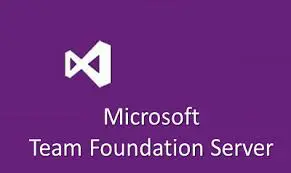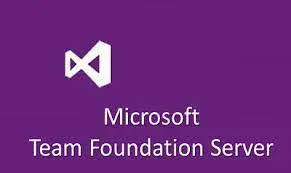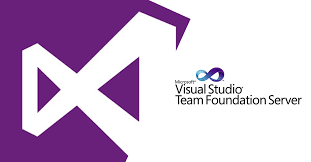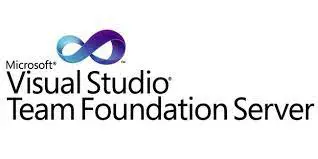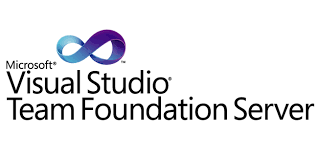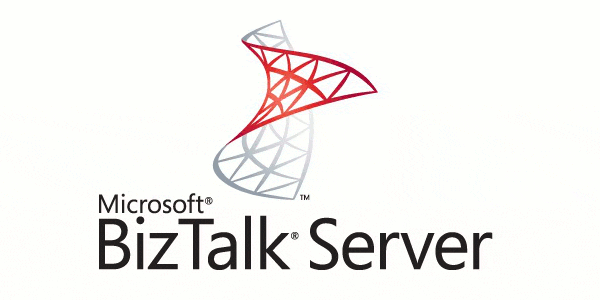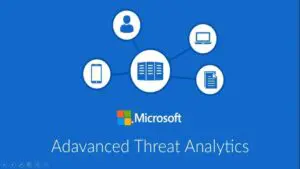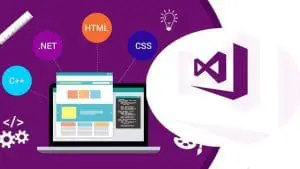Product Details
Team Foundation Server Express 2018
Team Foundation Server Express 2018
Description
Team Foundation Server Express 2018
Team Foundation Server Express 2018 is a free, source code-control platform for individual developers and small teams of five or less.
Operating System: Windows
Product language: Multilanguage
Team Foundation Server 2018
You can use Visual Studio Team Foundation Server (TFS) to manage your product lifecycle, reduce risks, and improve team efficiency. Team Foundation Server 2018 provides a set of collaboration tools, including Application Lifecycle Management (ALM), continuous integration (CI), and DevOps.
Operating System: Windows
Product language: Multilanguage
System: 64 bit
Guide:
https://docs.microsoft.com/en-us/visualstudio/releasenotes/tfs2018-relnotes
https://docs.microsoft.com/en-us/visualstudio/releasenotes/tfs2018-relnotes
